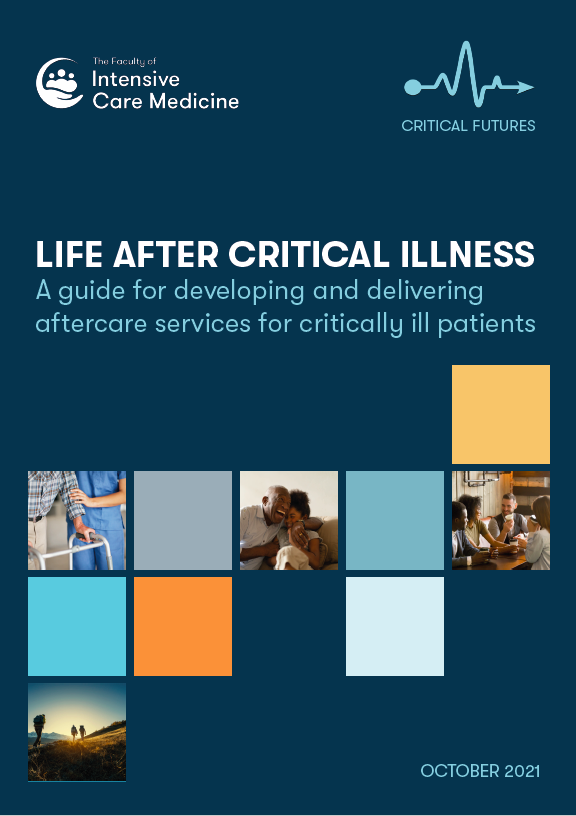Life After Critical Illness
- Life after critical illness
- LACI
What is Life After Critical Illness?
Many critical care units have established services to help patients following their time in critical care – these services consider a patient’s physical and psychological rehabilitation. Despite these patients being the sickest in the hospital on their admission to a unit, unlike many other conditions, there is no nationally established approach to manage their aftercare.
Historically, there has been no national and limited local investment in managing the aftermath of complex critical illness. This has left our patients with no clear avenue to help them with the physical, psychological, cognitive and social consequences of critical illness. It has also led to progressive inequality for patients dependent on where they happen to fall critically ill.
As a result, patients struggle to get back to their previous quality of life when appropriate help could have easily improved their outcome, if provided by those with an understanding of their recovery journey. This is in stark contrast to single organ disease, such as heart, respiratory, head injury or stroke, which all have well defined rehabilitation pathways.
The Faculty Board agreed to lead a working party on Life After Critical Illness (recommendation 12 of Critical Futures). The group was chaired by Immediate Past Dean Dr Carl Waldmann.
Working Party aims
- To provide best practice guidance in the development, commissioning and management of ‘Follow up’ services, including learning from existing examples of practice:
- Terminology/definitions
- Breadth and scope of current UK practice
- Service model archetypes & eligibility criteria
- Toolkits and resources for
- implementation of a new service
- running a service
- business case development
- Service specifications
- Governance
- Referral process, efficiency, DNA
- Measures, outcomes, benchmarking
- Extending services – primary care, community, adolescent, regional network
Core membership
- Faculty of Intensive Care Medicine (Chairing organisation)
- Leads from units that have successfully set up services
- British Psychological Society
- Chartered Society of Physiotherapy
- Patient Representative
- Royal College of General Practitioners
- Royal College of Occupational Therapists
- UK Critical Care Nursing Alliance
- Further lay and patient input via the Board and local critical care rehabilitation groups
- A wider stakeholder and consultation group have also been agreed
Provisional Guidance 2020
The Life After Critical Illness National Project, set up in 2019, was halfway through its work in defining full provision guidance for this area when the coronavirus outbreak began in the UK. The pandemic will be responsible for a large unmet need in the recovery phase of the illness, which will require the setting up of more and larger follow up services to augment the small number of centres of excellence already in existence.
The Faculty with its National Project partners therefore produced a Position Statement and Provisional Guidance to guide this phase of development. We would now refer readers to the full guidance document.
Want to know more?
Browse our Guidelines pages.

